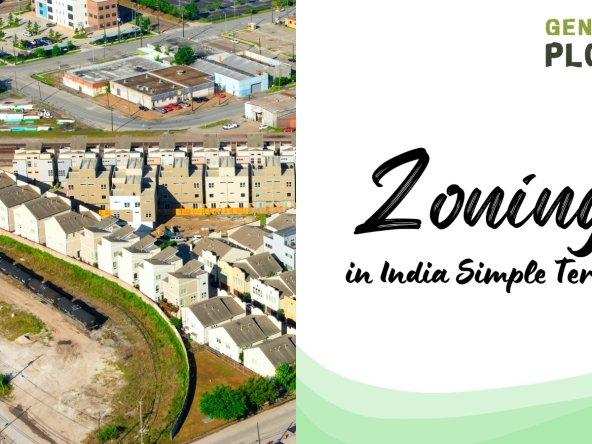The role of zoning laws in land property
Local governments regulate land use and development through a system known as zoning. These laws determine how the land can be used, the types of structures that can be built on the ground, and the regulations that must be followed to build on the land.
Zoning laws are important for several reasons. First, they help maintain a community’s character and integrity by ensuring that land is used in a way that is consistent with the community’s goals and values. They also promote the community’s health, safety, and welfare by regulating land use and development in a way that protects the environment and the people who live in the community.
Zoning laws also play a critical role in land use planning. By dictating how the land can be used and developed, they help to prevent haphazard development and ensure that growth occurs in a controlled and organized manner.
Zoning laws are divided into several categories, including:
Residential Zones: This category includes areas designated for single-family homes, apartments, and other types of residential properties.
Commercial Zones: This category includes areas designated for business and retail use.
Industrial Zones: This category includes areas designated for manufacturing, warehousing, and other types of industrial use.
Agricultural Zones: This category includes areas designated for agricultural use, such as farming and ranching.
Special Use Zones: This category includes areas designated for specific uses, such as parks, schools, and cemeteries.
How Do Zoning Laws Affect Land Property?
Zoning laws can have a significant impact on land property. They dictate how the land can be used and the regulations that must be followed to build on it. For example, if a piece of land is zoned for residential use, it may only be used for single-family homes or apartments. If a piece of land is zoned for commercial use, it may only be used for business or retail purposes.
In addition to dictating how the land can be used, zoning laws also dictate the size and height of structures built on the land. They also dictate the minimum amount of space that must be set aside for parking, open space, and other amenities.
Finally, zoning laws can also impact the value of the land. For example, if a piece of land is zoned for a high-density use, it may have a higher value than if it were zoned for a low-density use. On the other hand, if a piece of land is zoned for use that is not in high demand, it may have a lower value.
Zoning laws play a critical role in land use and development.




